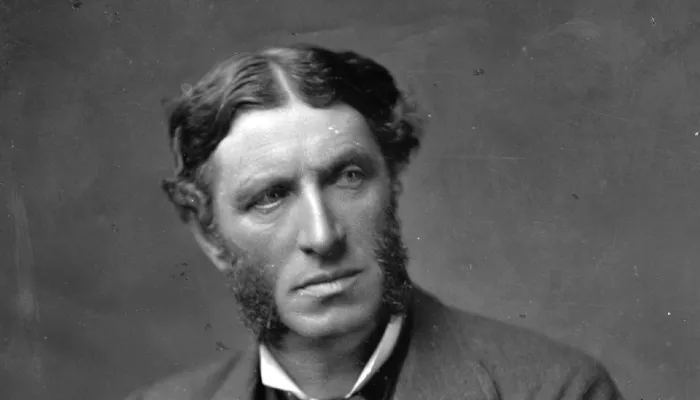Phoebe Wang
Biography
Phoebe Wang (she/her) is a first-generation Chinese Canadian writer and educator. She is the author of two collections of poetry, Admission Requirements (McClelland & Stewart, 2017), which was nominated for the Trillium Book Award, and Waking Occupations, (McClelland & Stewart, 2022). Her most recent book is a collection of nonfiction essays, Relative to Wind: On Craft, Community and Sailing with Assembly Press. She was the Writer-In-Residence at the University of New Brunswick in 2021-2022, and has served as a poetry editor with The Fiddlehead and Brick Books. She works at OCAD University as a Writing and Learning Consultant and mentors in the University of Toronto MA in Creative Writing program. Her work employs a lyric mode and is concerned with the interrelation of place, time and identity. She seeks to heal the rifts of colonization with language.
Micro-interview
Yes, I read poetry in high school thanks to my dad’s small collection of poetry books. I remember Sylvia Plath’s “The Sculptor” because most of her work was impenetrable to me, but this one I had an a-ha moment, an “I get it!” moment. It was as though something that had been unlocked swung open cleanly, and I could hear not only the meaning of the poem, but also Plath’s thinking and razor-sharp decision making in how she set-up the poem.
I wrote my first poems when I was around 11 or 12, I think after reading Emily of New Moon by L.M Montgomery. In the book the character of Emily starts to write poems at the same age as me, after receiving “flashes” or inspiration from the world around her. So my earliest poems were nature poems as well. I was fortunate enough to attend to Canterbury High School, and I remember some of my classmates beginning to identify me as strong poet. Also I had my first publication in Descant at 19. In some ways, as a teenager you’re more honest with yourself than as a twenty-year-old, who needs more external validation. It wasn’t until I was accepted into Banff (and soon after, into the University of Toronto MA in Creative Writing program) at the age of twenty-eight that I permitted myself the title of poet.
A poet’s job is to reflect the world and also to reflect on it. She should always be aware of the historical circumstances that have produced the moment of her writing and identity, and yet also imagine trajectories. A poet’s job is to use language to lead the reader into emotional experiences that may change how they perceive their own world and historical moment.
A friend told me once that she finds more a blank piece of paper more terrifying than a form. So I thought about how a form comforts us by asking us questions about things we can answer. At the same time, the very first thing any form asks us, our names, is a question that leaves out so much. A form is not interested in stories, it only wants to process us, to file us away. So I thought about writing a poem about an application process that in fact, does want to know your stories and wants to admit that our names already mark us within cultural understandings, stereotype and social hierarchies. [“Application Form”] is not like any other poem in my book in that it’s much more unrelenting. The reader isn’t let off the hook.
Poems with simple diction and rhythm, but that incorporate many shifts in tone, work best for my voice (especially older poems, like those by Edna St. Vincent Millay or Anne Bradstreet for their clarity and tension). I’m soft-spoken, with a tendency to slur my consonants, so I’d pick a poem with a forceful message or story, like M. NourbeSe Philip’s “Salmon Courage,” for its grounding in the natural world. It contains repetition, questions, and has all the drama necessary for the kind of reading that would shake the audience from a stupor.


